Search Results
Showing results 101 to 120 of 529
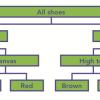
Shoe Dichotomous Key
Source Institutions
In this activity (on page 2 of the PDF under GPS: Cactus Activity), learners will develop their own version of a tool used by biologists, a dichotomous key, by collecting all their left shoes.
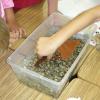
Crayfish Investigations
Source Institutions
This activity has learners interacting with live crayfish, but could be adapted for a variety of similar hardy and interesting organisms.
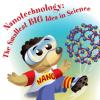
Does Size Make a Difference?
Source Institutions
In this activity on page 15 of the PDF, discover how materials and physical forces behave differently at the nanoscale.
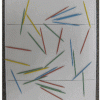
Throwing Pi
Source Institutions
In this calculus activity, learners use a classic problem of geometrical probability to find an important mathematical constant (pi).
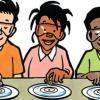
Mysterious M&M's
Source Institutions
Learners place an M&M candy in water and observe what happens. The sugar-and-color coating dissolves and spreads out in a circular pattern around the M&M.
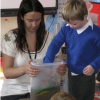
How We Know What The Dinosaurs Looked Like: How Fossils Were Formed
Source Institutions
In this activity (p.7-8 of PDF), learners examine fossil formation.
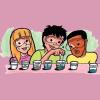
Color Changes with Acids and Bases
Source Institutions
Learners mix a variety of substances with red cabbage juice. The juice changes color to indicate whether each substance is an acid or a base.
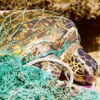
All Tangled Up
Source Institutions
In this activity on page 60, learners examine and simulate wildlife entanglement by experiencing what it might be like to be a marine animal trapped in debris.

Jump Like a Frog
Source Institutions
In this math activity, learners jump and measure how far they can jump on different surfaces using different jumping techniques.
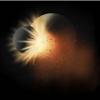
Future Moon: The Footsteps of Explorers
Source Institutions
In this activity, learners drop impactors onto layers of graham crackers!
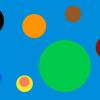
See the World Through Color-Filtering Lenses
Source Institutions
In this activity, learners examine how colored lenses act like filters and absorb all colors of light except for the color of the lenses.
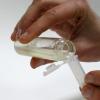
DNA Nanotechnology
Source Institutions
In this activity, learners explore deoxyribonucleic acid (DNA), a nanoscale structure that occurs in nature.
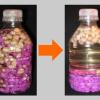
Infant Moon: Moon Mix!
Source Institutions
In this activity, learners investigate the Moon's infancy and model how an ocean of molten rock (magma) helped shape the Moon that we see today.

Motion Madness: Choose the Winner
Source Institutions
This is an online game that explores speed, range and momentum. Learners will pick the winners in a 16-team tournament in 3 events: Tug-o-war, sprint, and marathon.
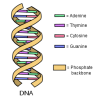
Close, Closer, Closest
Source Institutions
In this activity, learners perform an experiment that models a chromatography-like process called electrophoresis, a process used to analyze DNA.
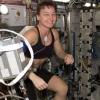
Space Stations: Beans in Space
Source Institutions
In this activity, learners perform 20 arm curls with cans that simulate the weight of beans on Earth versus the weights of the same number of beans on the Moon and in space.
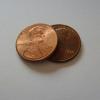
Wet Pennies
Source Institutions
Learners initially test to see how many drops of liquid (water, rubbing alcohol, and vegetable oil) can fit on a penny.
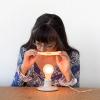
Pinhole Magnifier
Source Institutions
In this activity related to light and perception, learners use a pinhole in an index card as a magnifying glass to help their eye focus on a nearby object.
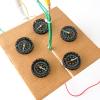
Circles of Magnetism I
Source Institutions
In this activity related to magnetism and electricity, learners create a magnetic field that's stronger than the Earth's magnetic field.
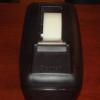
Tape Electroscope
Source Institutions
In this simple activity, learners create an electroscope by sticking two short pieces of magic tape together and then pulling them apart to find the sign of the charge on an unknown charged object.
